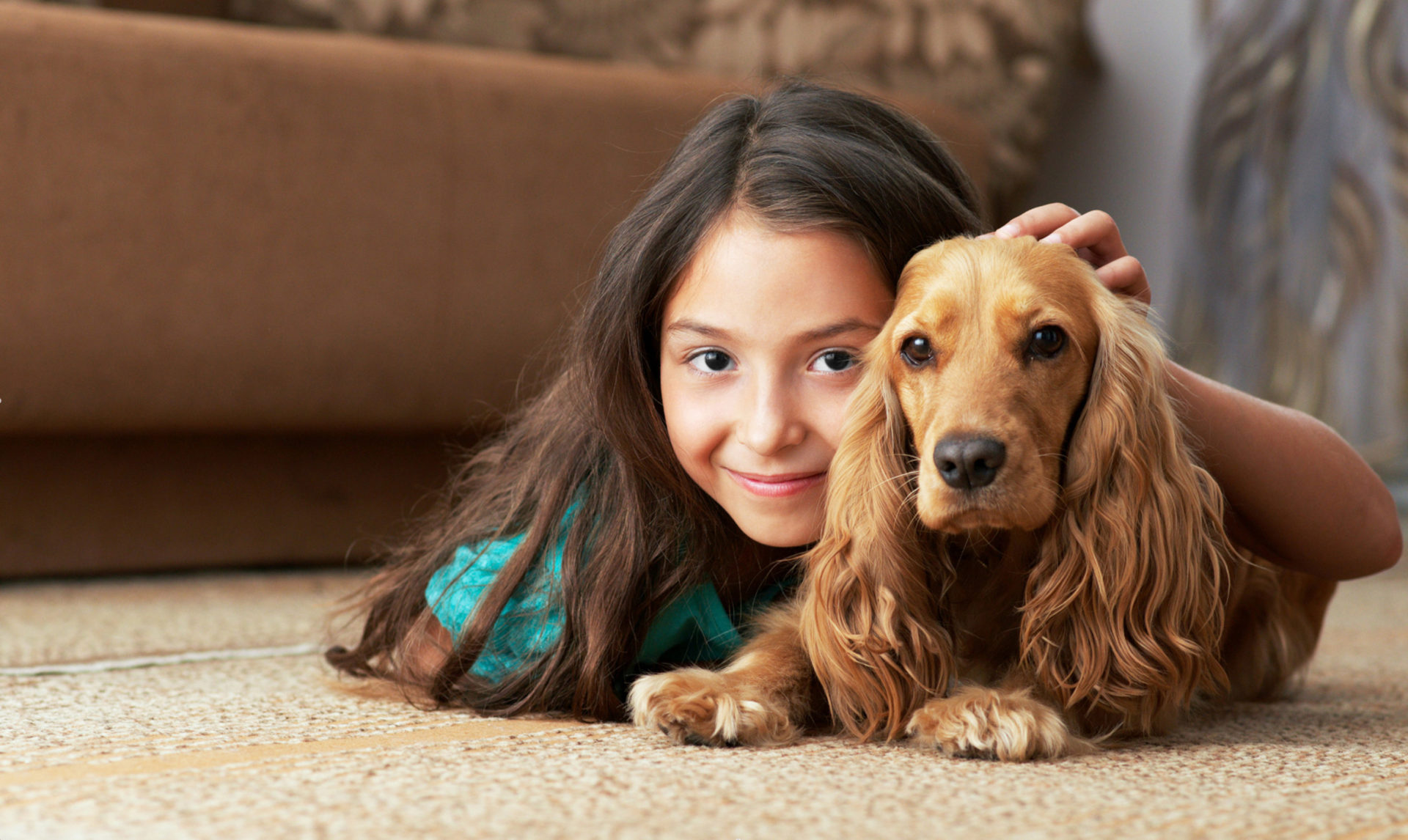Having a child with autism can keep you busy: doctor’s appointments, therapies, IEP meetings, and more. And then there are the daily challenges of parenting a child with autism. You have plenty to keep you busy – and, yet, at some point, you may have asked yourself, “Should we get a pet? Or would that just add more chaos?”
You’re not alone in asking that question. Over the years, a number of researchers have wondered the same thing, and the answer is a resounding “Yes!”: Having a pet can be a wonderful thing for children with autism.
One group of French researchers studied pet ownership among 40 families that included children with autism. They found that children who received a pet around the time they were Kindergarten-aged showed improvement in two important social skills: sharing with others and comforting people in distress. Interestingly, children who had had a pet since birth showed no improvement over children without pets. The researchers theorized that it could be the act of bringing a new pet home and watching other family members care for and bond with it that made the difference. They got to see the active welcoming and inclusion of the pet on a much simpler level than human interactions.
Additional research conducted by Gretchen Carlisle of the University of Missouri College of Veterinary Medicine produced similar results. Carlisle’s research showed that children with dogs had better social skills than those who did not. In addition, she found that children with any kind of pet were more likely to do things like introduce themselves, ask for information, and respond to questions. Carlisle theorizes that pets act as a “social lubricant,” attracting attention from other people, which then creates additional opportunities for children with autism to practice their social skills. Pets also provide an obvious and easy topic of conversation.



